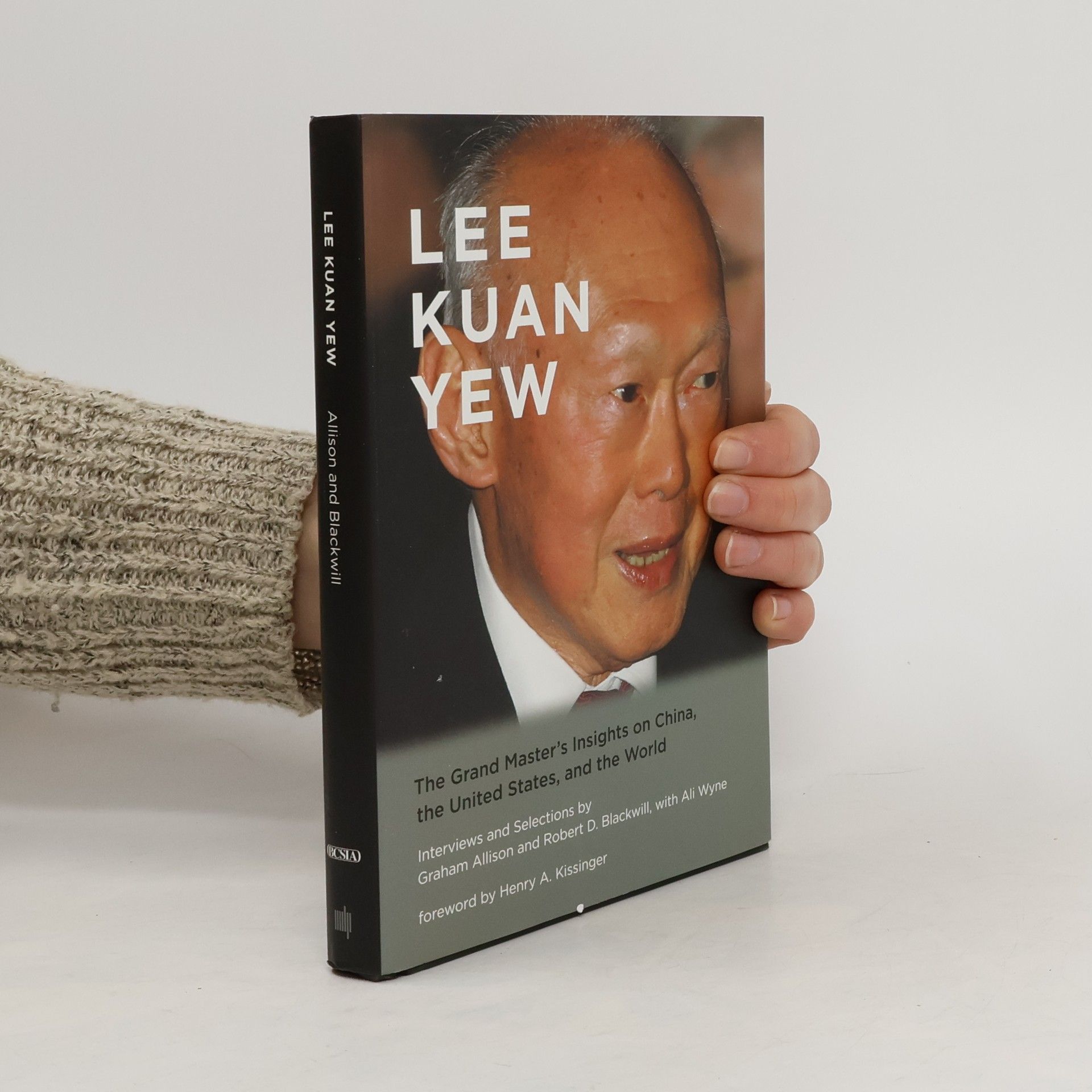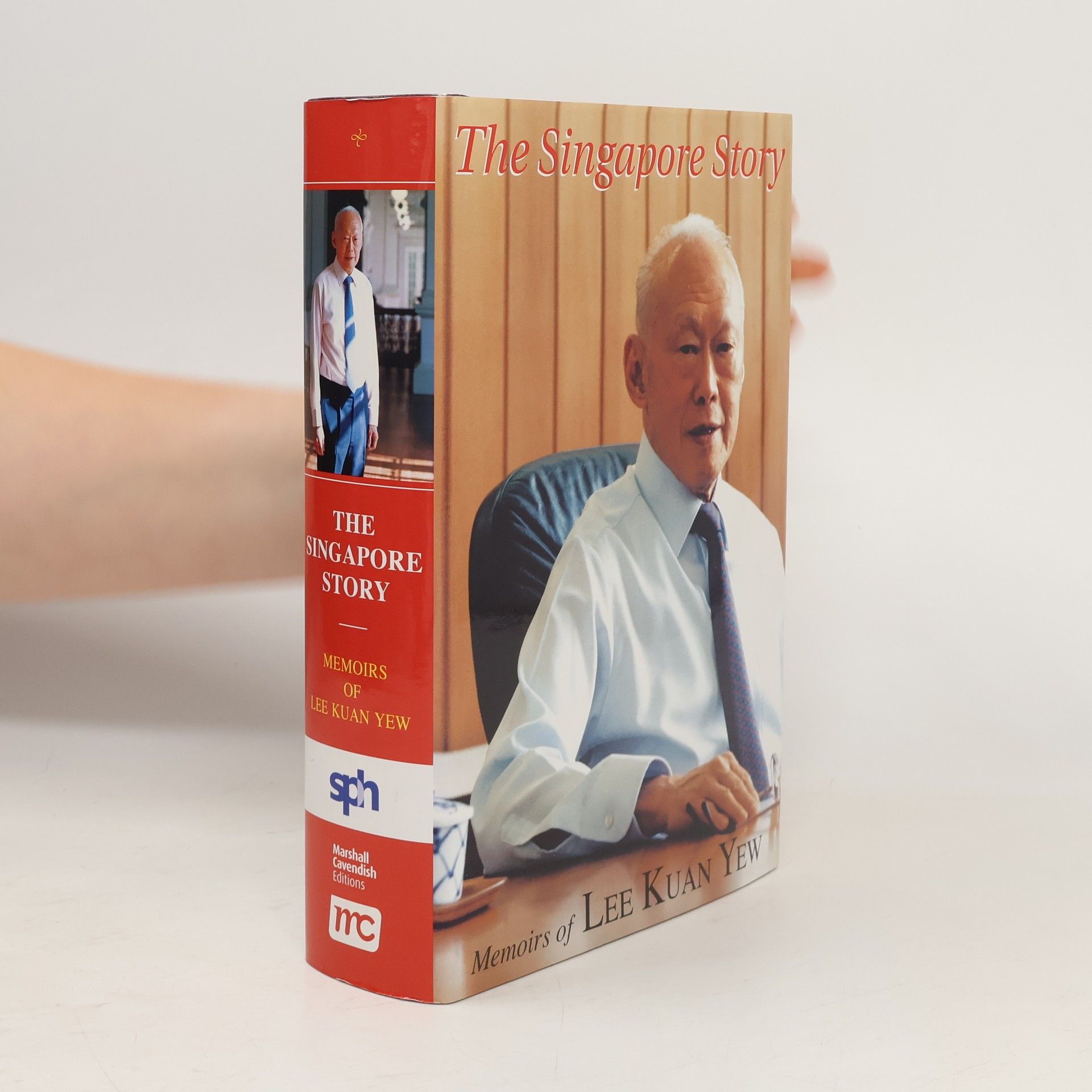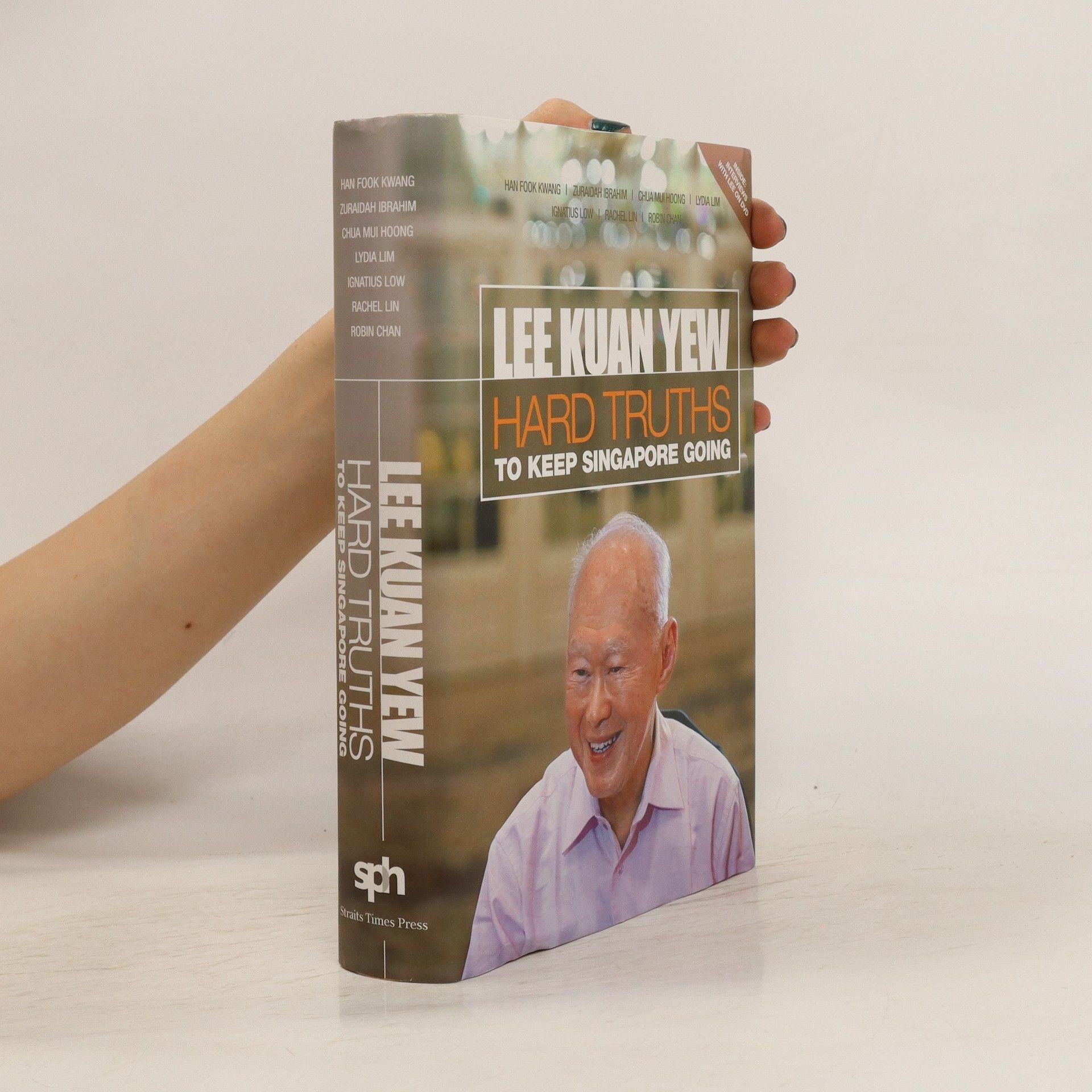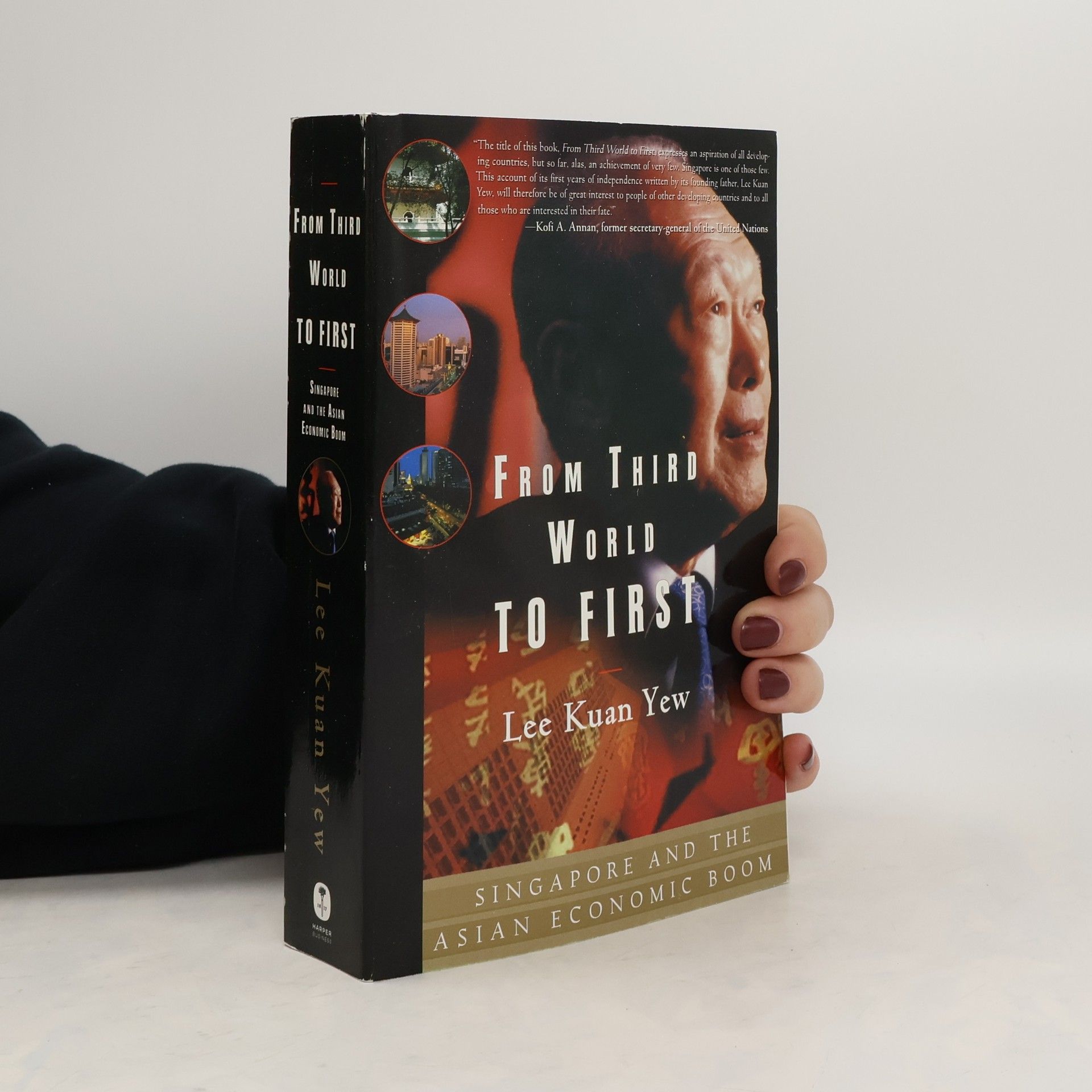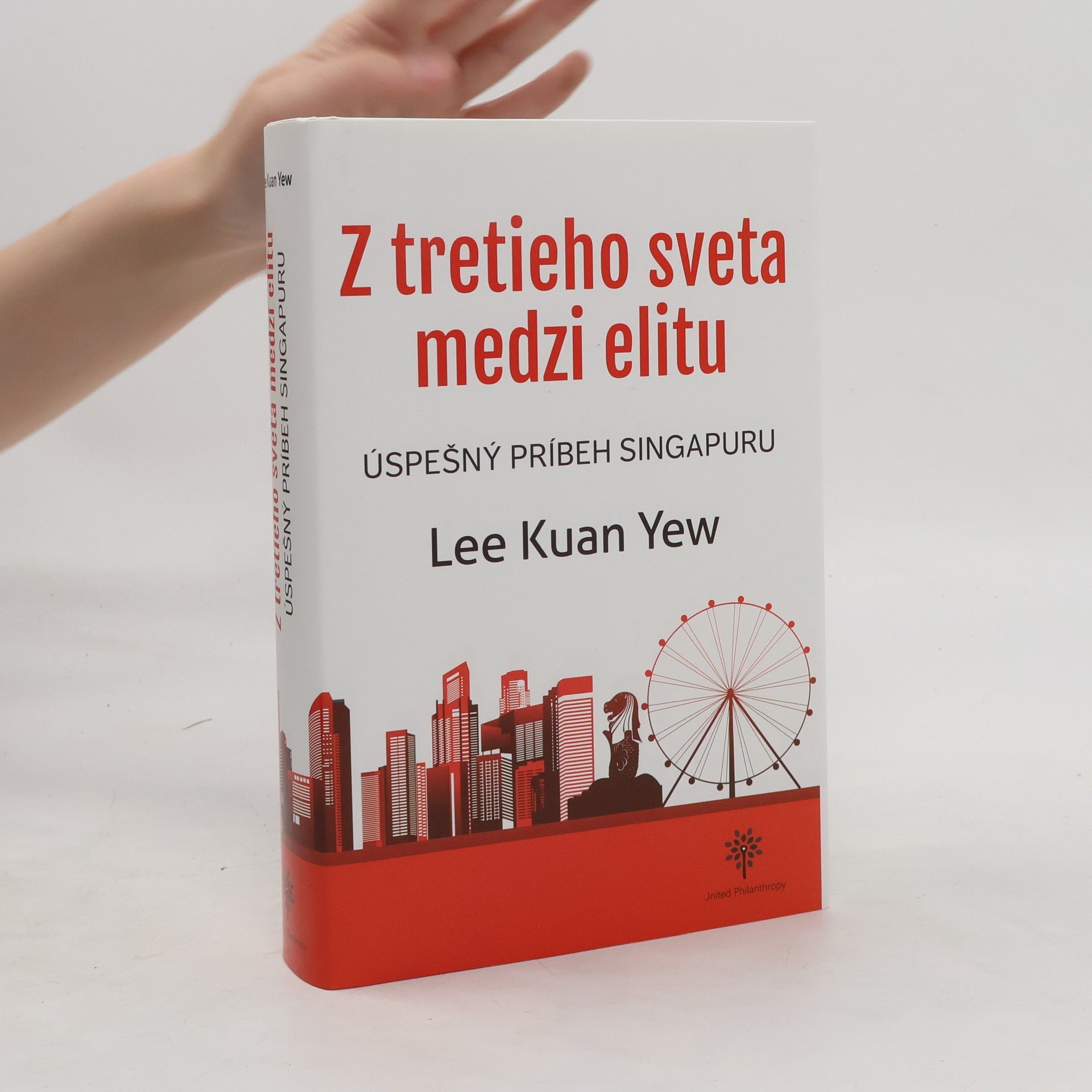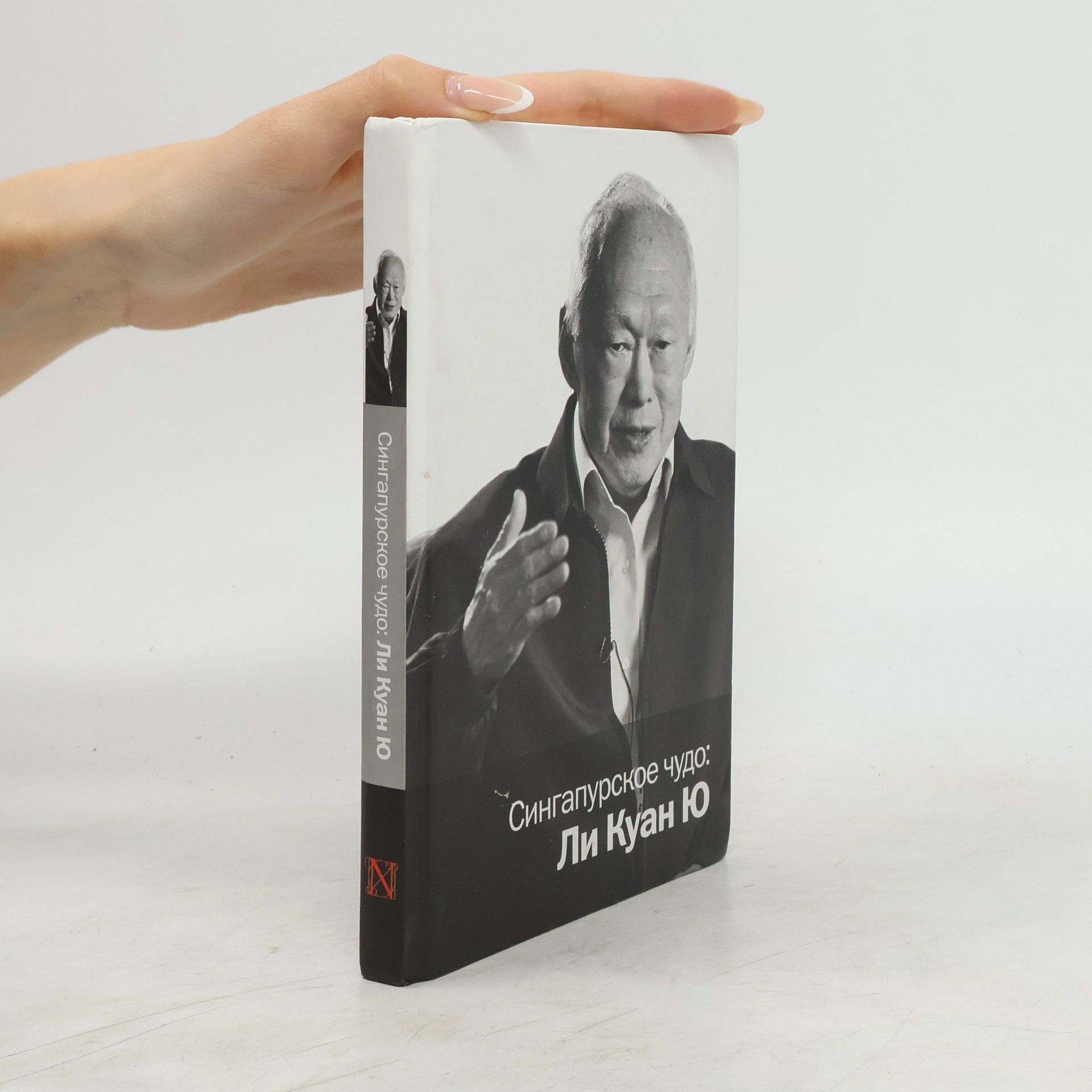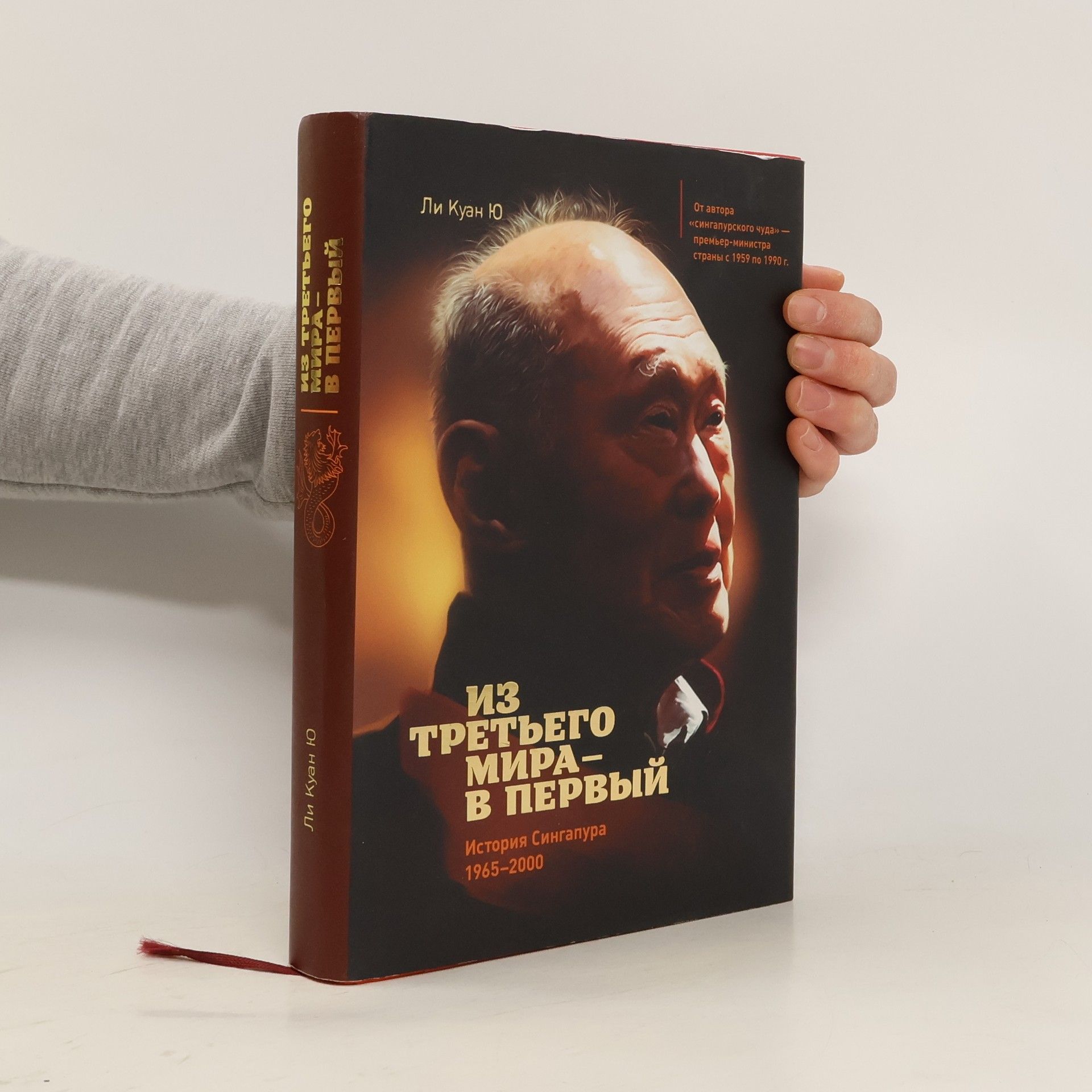Z tretieho sveta medzi elitu: Úspešný príbeh Singapuru
- 656 pages
- 23 hours of reading
Dejiny moderného Singapuru sú priam učebnicovým príkladom amerického sna o úspechu. V roku 1965, keď tento mestský štát vyhlásil nezávislosť v rámci Malajzie, väčšina obyvateľov žila na pokraji chudoby, v chatrčiach bez sociálnych zariadení. Len málokto mal vtedy odvahu predvídať, že za necelé dve generácie sa ocitne v prvej trojke krajín s najvyšším podielom HDP na obyvateľa na svete, s mimoriadne rozvinutou a sofistikovanou infraštruktúrou, vlastným výrobným high-tech sektorom a dopravnými službami na najvyššej svetovej úrovni. Zakladateľom a motorom tejto nevídanej politickej, spoločenskej a ekonomickej transformácie na metropolu budúcnosti bol dlhoročný charizmatický singapurský premiér Lee Kuan Yew, ktorý vo svojej knihe politických spomienok Z tretieho sveta medzi elitu mimoriadne pútavo opisuje často tŕnistú cestu Singapuru k úspechu. V rasovo, jazykovo a kultúrne zmiešanej spoločnosti presadil meritokratický model spoločnosti, vybudoval hrádzu proti rozpínajúcemu sa komunizmu, pritiahol zahraničných investorov, vybudoval jedno z najsilnejších finančných svetových centier. Jeho predstava vlády zákona však narážala na odlišné predstavy o slobode tlače a niektorých ďalších demokratických mechanizmov, ktoré tvoria kostru západných demokracií.

